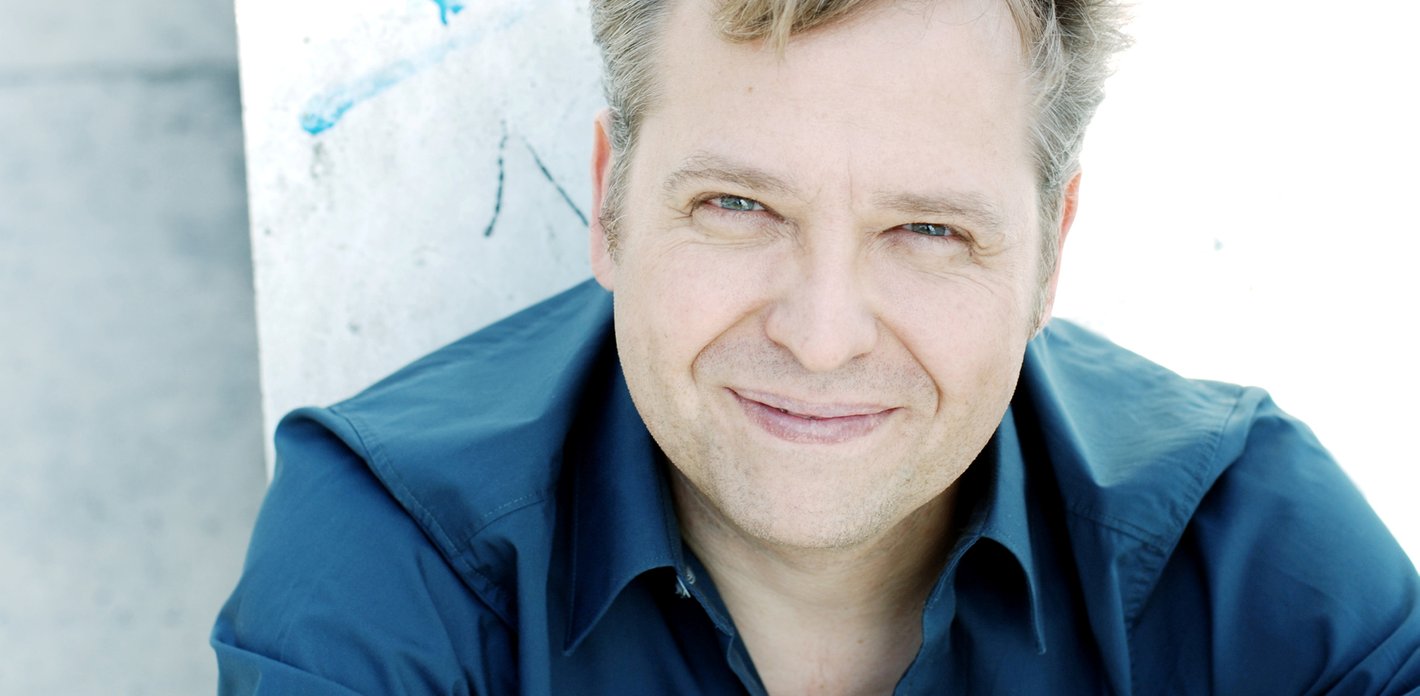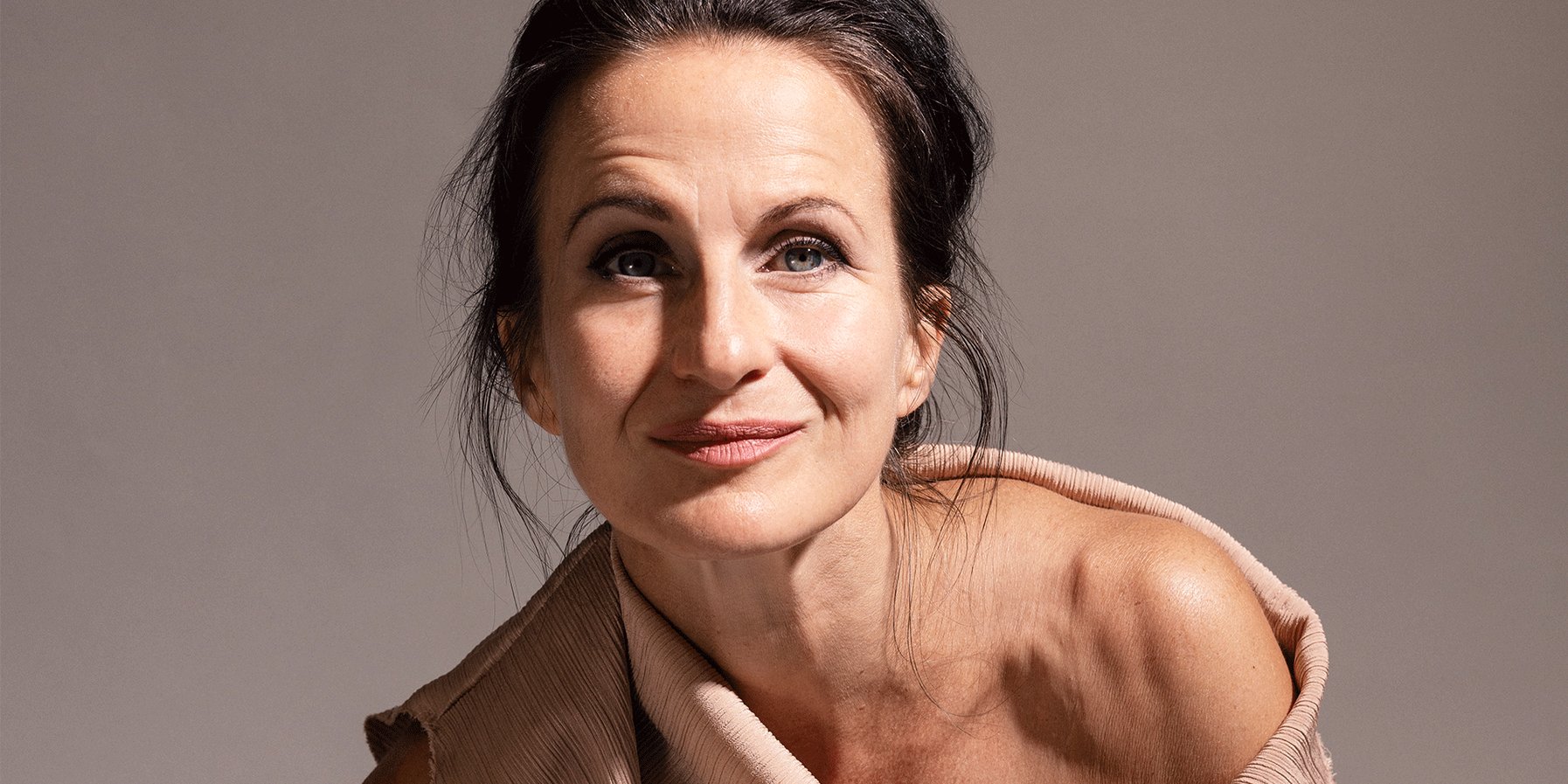Experience the sound of the present in the Grand Hall: the »Elbphilharmonie Visions« festival throws the spotlight exclusively on contemporary music. This promises both an exciting musical treat and a unique chance to engage directly with the composers, asking them about the works and composing itself. How do they approach the composing process? Do they envision an entire work before they start, or does it only emerge as they write? How does their environment influence their work? And what aspirations do they have for their music?
The festival’s composers share insights into their work in a series of short interviews. This edition is with Arnulf Herrmann, an artist eager to explore the extremes of expression. His work »Tour de Trance« is on the concert programme of »Elbphilharmonie Visions«.
Anja Petersen sings Arnulf Herrmann’s »Tour de Trance«
What inspires you as a composer? How important is the extra-musical to you?
Inspiration is ultimately open to all possibilities. That said, the physical qualities of music – such as the sensation of weight, rhythms, and tempos – often play a role. But much more important for me than this kind of input is the moment when different initial ideas start combining to form something entirely new and begin to interact. That is the real turning point in the composition process.
Extra-musical elements can be a source of inspiration, but only when they become a part of the internal language of music. I’m not interested in mere illustration.
Do you have a fully formed idea for a work in your head before you set about composing it?
That varies. Sometimes I have a strong sense of the overall idea from the start, while other times, I begin with smaller details or a gut feeling, and the full concept gradually emerges. For me, the joy of composing lies in discovering things along the way and not following a rigid, preconceived plan.
How would you describe the sound of our time?
Not so much as a sound of our time, but rather as a constant variation and breaking up of perspectives. By engaging with other musical cultures, I become more and more aware of the uniqueness of my own work and where that comes from. Ideally, this leads to a very playful liberation of thought.
What does contemporary music need to resonate with audiences?
It requires passionate and convincing performers. And, of course, works that challenge us to think in a deep and enriching way.
What do you hope audiences take away from your work after a concert?
That’s difficult to sum up in one sentence. Ideally, it would be the success of balancing two things: the intensity of the moment and the discovery of a rich network of connections that extend beyond that moment.






